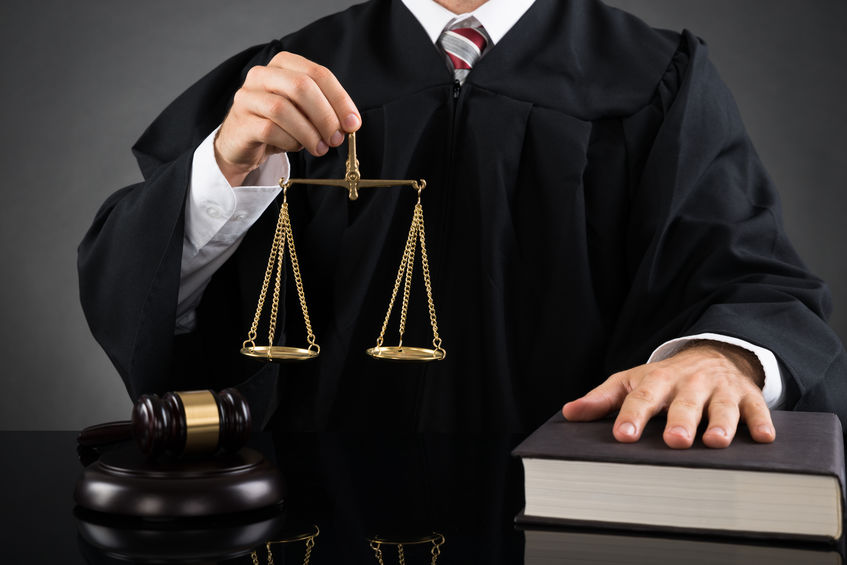The Alaska Commission Judicial Conduct will hold its quarterly meeting Friday, Dec. 6, at the commission’s office and by Zoom, with public participation available only via Zoom. The public session will begin at 9:30 a.m., subject to change, with closed session to follow.
The public session addresses the commission’s budget, educational activities, advisory opinions, and general administrative issues. The public session does not address any specific complaints against judges, which are handled in private.
While there will be a set amount of time for the public to address the commission, anyone wishing to speak at this meeting is requested to notify our office no later than 30 minutes before the start of the meeting to schedule. Speakers should tailor their remarks to public matters related to the commission’s function, the announcement said.
If you wish to appear, or have questions about Commission meetings, you may contact Commission Staff at [email protected] or (907) 272-1033.
The Alaska Bar Association recently sought nominations for two seats on the Commission on Judicial Conduct: one in the combined 2nd and 4th Judicial Districts and one in the 3rd Judicial District. Nominations were sought from Nov. 4 through 25th. Only one candidate ran for each vacant position and as a result, no advisory poll is needed. The following are candidates:
2nd/4th Judicial Districts: William R. Satterberg
3rd Judicial District: Donald W. McClintock III
